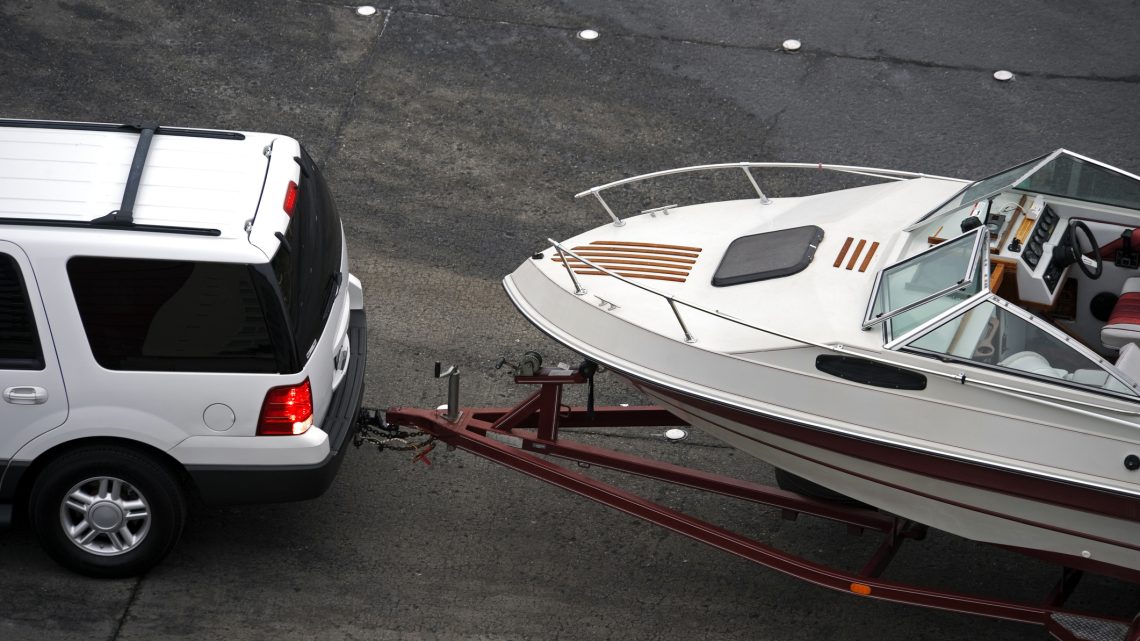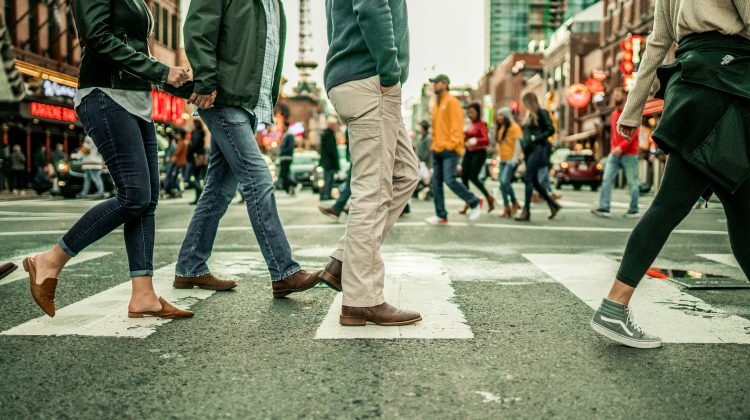With summer right around the corner, temperatures are beginning to soar and families are busy planning summer vacations. One popular way to spend enjoying the summer sun is boating on water, whether the ocean, a river, or lake. While boating is a fun pastime for everybody aboard, it also can be incredibly dangerous.
In 2020 alone, the Coast Guard recorded 5,265 recreational boating accidents that were responsible for 767 deaths and 3,191. Compared to 2019, the number of recreational boating accidents increased 26.3%.
This spring and summer season, you can help contribute to promoting boating responsibly. By following best practices put forth by the National Safe Boating Council (NSBC) and the Centers for Disease Control and Prevention (CDC), you can mitigate the chances of a fatal boat accident.
Boat Sober
Alcohol use is one of the leading known contributing factors in fatal boating accidents. The best way to prevent a boating accident is to boat sober. Alcohol inhibits judgment, vision, balance, and coordination, four very important elements in being able to navigate a boat properly.
But this is not limited to motorized boats. “Federal boating under the influence laws pertain to all watercraft,” notes Austin injury lawyers at Loewy Law Firm, “including canoes, rowboats, and other recreational vessels.” Chose safety and chose to operate a watercraft without the influence of alcohol or drugs.
Wear a Life Jacket
According to the NSBC, 75% of all fatal boating accident victims drowned, and of these victims, 86% were not wearing a life jacket. Boating accidents often happen quickly, often too quickly to have time to reach for a life jacket.
It is important to remember that life jackets should fit snug and that an adult life jacket is never appropriate for a child. Be prepared by choosing to wear a life jacket before your vessel begins to move.
Take a Course
Taking a boating education course can make all the difference if you encounter trouble out on the water. Boating courses teach the regulatory and statutory rules for operating and navigating a boat safely.
There are many boating courses offered throughout the country, including online. From boating safety to handling and reading the weather, educating yourself on all elements of the boating experience can prove invaluable to your safety.
Know the Dangers of Carbon Monoxide (CO)
CO is an odorless and colorless gas, which can make detecting the presence of CO difficult. Gasoline-powered engines on boats will produce carbon monoxide, so it is crucial to understand how to prevent CO poisoning on boats.
CO from the engine exhaust builds up inside and outside the boat near exhaust vents; avoid swimming near these areas while the engine or generator is running. Schedule regular maintenance inspections to ensure your boat is functioning properly, or if renting, inquire about the last time the boat was inspected.
Boat Safety Starts With You
Spending time on a boat is a great way to enjoy the warm weather spring and summer bring. Help promote boating responsibly by putting safety first for everyone on the water. By using these four boating safety tips, you can make the most of your time on a water vessel. Stay safe!



No Comment